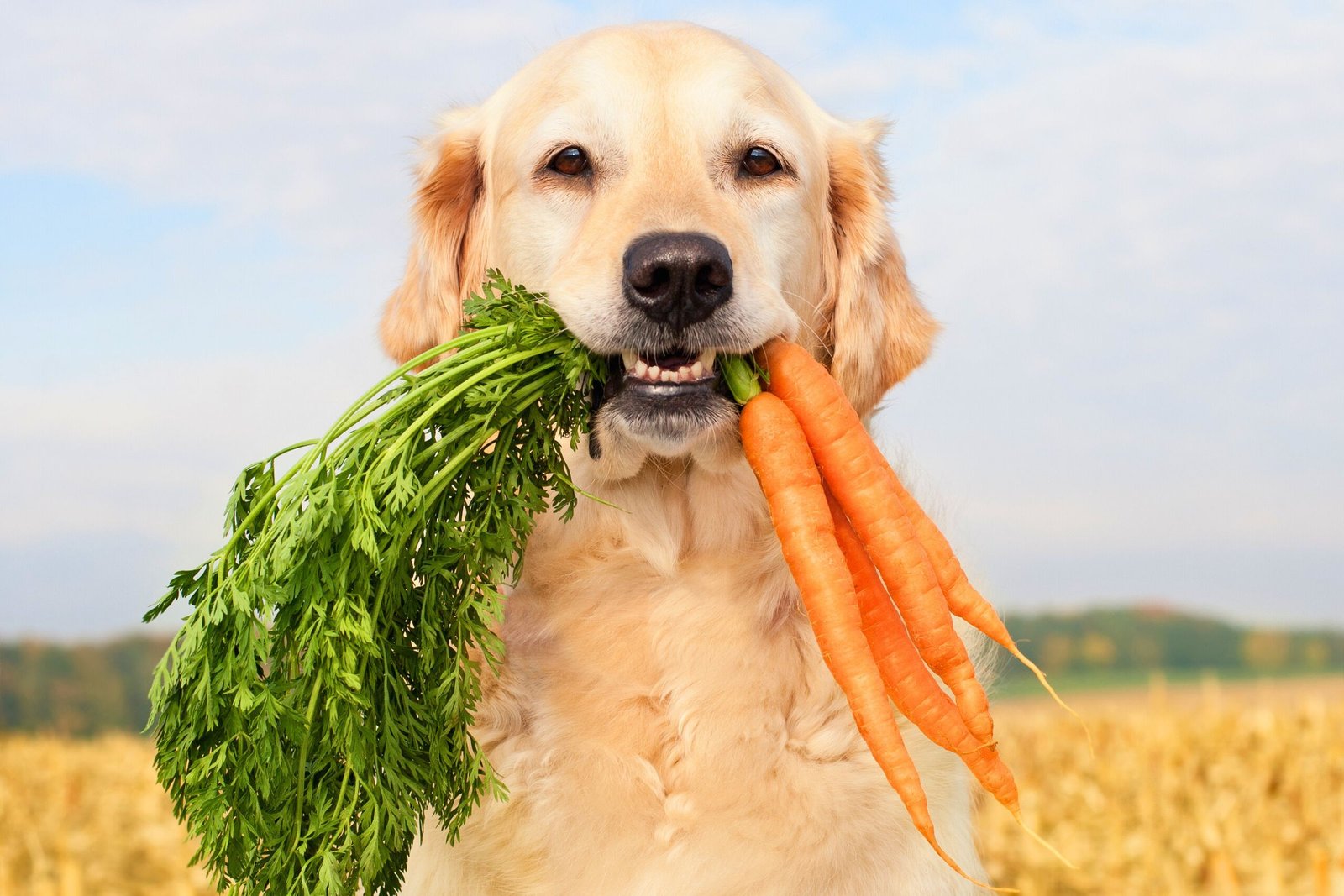Anxiety Alleviation
Dogs, like humans, experience stress and anxiety, and they often develop coping mechanisms to navigate these emotions. One such coping mechanism is licking, a behavior that serves as a form of self-soothing for our canine companions. Understanding this aspect of licking sheds light on the emotional well-being of your dog and provides insights into their unique coping strategies.
The rhythmic and repetitive motion of licking has a calming effect on dogs, akin to how certain activities bring comfort to humans during times of stress. When a dog engages in licking, it releases endorphins, the body’s natural feel-good chemicals. This process can help alleviate anxiety and provide a sense of comfort to your furry friend.
If your dog is prone to licking your feet in specific situations, pay attention to the context. It could be their way of seeking solace and reassurance during times of heightened stress or uncertainty. Dogs may resort to licking as a reaction to changes in their environment, exposure to loud noises, unfamiliar situations, or even as a response to their owner’s emotional state.
In some cases, dogs may develop a compulsive licking behavior as a maladaptive coping mechanism for chronic stress. This behavior can manifest as excessive licking, leading to irritated skin or even the development of hot spots. If you observe persistent and compulsive licking, it’s essential to address the underlying causes of stress and consult with a veterinarian to ensure your dog’s well-being.
As a responsible pet owner, being attuned to your dog’s body language and understanding their individual triggers for anxiety is crucial. If you notice your dog licking your feet during thunderstorms, fireworks, or other anxiety-inducing situations, consider implementing strategies to create a more comfortable and secure environment for them. Providing a designated safe space, using calming pheromones, or engaging in activities that distract and redirect their attention can be effective in alleviating stress.
Additionally, spending quality time with your dog, offering physical affection, and maintaining a consistent routine can contribute to their overall sense of security. Dogs thrive on routine and predictability, and a stable environment can significantly reduce their stress levels.
In conclusion, recognizing licking as a tool for anxiety alleviation emphasizes the emotional depth of the canine experience. It underscores the importance of creating a supportive and understanding environment for your dog, where their coping mechanisms are acknowledged and addressed with care. So, the next time your dog seeks comfort through licking, be attentive to the cues, and consider it as a silent plea for reassurance and a reflection of their trust in you as their comforting companion.








